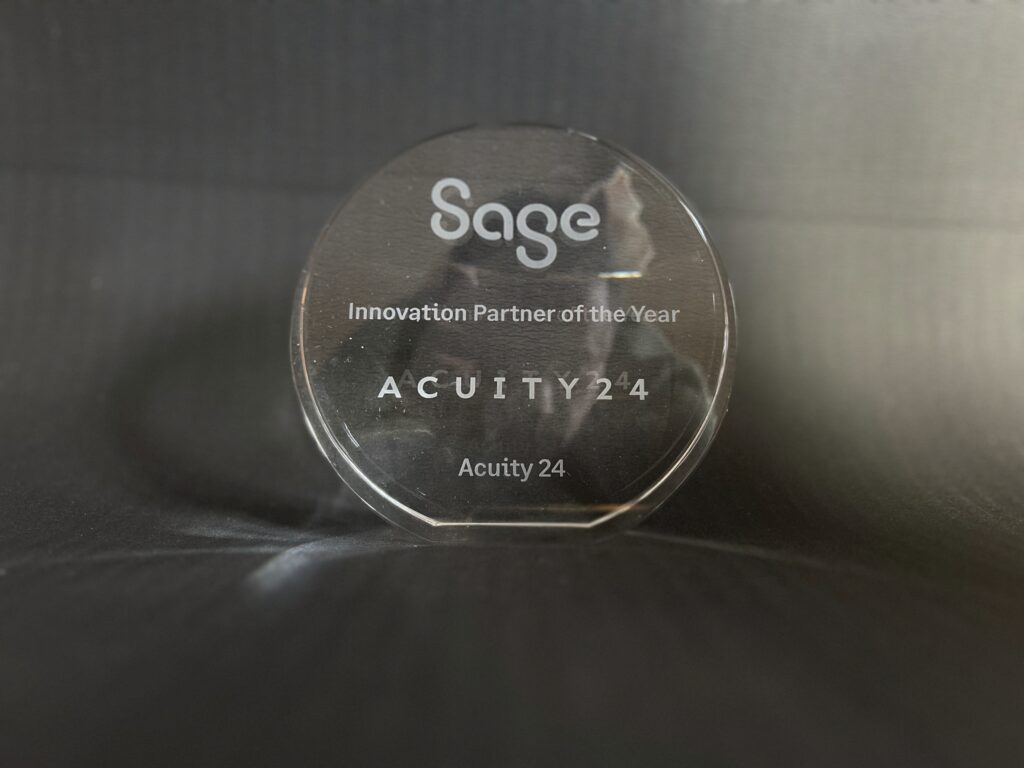Technical expertise, precision and integrity are essential skills in the accounting profession. But as business and technology continue to evolve, today’s accountants need a blend of financial, analytical and interpersonal skills to achieve both career satisfaction and long-term development.
This post explores the key skills needed in accountancy for 2025 and beyond:
Technical and Analytical Expertise
Solid technical knowledge remains the foundation of the profession. This includes:
- Mastery of financial reporting standards and regulations
- Strong understanding of tax, audit, and compliance requirements
- The ability to interpret complex financial data and translate it into actionable insights
But increasingly, businesses are looking for accountants who can go beyond compliance and provide strategic analysis. Those who can model scenarios, assess risks, and guide decision-making become invaluable to leadership teams.
One of the biggest shifts in financial management is the rise of cloud platforms, AI, and automation. Routine tasks such as reconciliations, expense management, and even elements of forecasting are now handled by technology.
For accountants, this means two things:
- Efficiency gains free up time from manual work.
- New skills are required, such as:
- Familiarity with ERP and cloud accounting systems
- Understanding of how AI and machine learning support financial forecasting
- Comfort working with data visualisation tools to communicate insights clearly
Professionals who embrace technology early position themselves as leaders in this digital-first environment.
Explore Cloud Accounting with Sage Intacct
Critical Thinking and Problem-Solving
As automation starts to take care of routine tasks, accountants are increasingly relied on for judgment and strategy. Problem-solving skills enable you to:
- Identify inefficiencies in financial processes
- Spot risks before they escalate
- Advise management on how financial trends affect business performance
Developing this competency helps transform your role from a transactional one to a strategic partner.
Communication and Collaboration
Accounting professionals work across departments, not just within finance. Whether collaborating with operations, sales, or senior leadership, you need the ability to:
- Explain financial insights in clear, non-technical language
- Listen actively to understand business challenges
- Build trust through transparent, honest communication
Strong interpersonal skills also support career growth, opening doors to leadership and client-facing opportunities.
Top 5 Small Business Accounting Software
Adaptability and Life-Long Learning
The regulatory landscape, economic climate, and financial technologies are constantly shifting. Accountants who commit to continuous professional development not only keep skills current but also gain confidence in navigating change. This might include:
- Professional certifications (e.g. AAT, ACCA, CIMA, or technology-specific credentials)
- Specialised training in areas like ESG reporting, risk management, or data analytics
- Attending webinars and industry events to stay on top of emerging trends
Adaptability ensures that you remain agile and competitive, no matter how the profession evolves.
Building Career Satisfaction
Focusing on these competencies doesn’t just support advancement — it enhances day-to-day satisfaction. By reducing time spent on repetitive tasks, embracing technology, and honing analytical and communication skills, accountants can:
- Take on more meaningful, enjoyable and strategic work
- Feel a stronger sense of contribution to business success
- Create opportunities for leadership and specialisation
Ready to find out more about Sage Intacct?
Sage Intacct is a scalable leading cloud accounting solution that helps finance professionals and leaders streamline accounting processes through automation and improve planning using advanced analytical tools. Intacct’s modular design makes it highly customisable to suit different business needs, and ensures you only pay for the features you actually need!
Acuity24 are a leading Sage Intacct partner, with nearly 30 years’ experience and a friendly, dedicated team. Here’s what we do differently, to ensure customers get the most out of their investment in Sage Intacct:
- We offer flexible payment options (including Direct Debit and milestone billing).
- We offer fixed price services (no additional costs even if the project runs over).
- We provide free training and resources helping you get the most out of Sage Intacct.
ARRANGE A CALL BACK OR DEMO:
Find out more by browsing our Sage Intacct content below or arrange a call or demo via the button above. You can also get a quick quotation by taking our 2 minute Sage Intacct Price Check here


